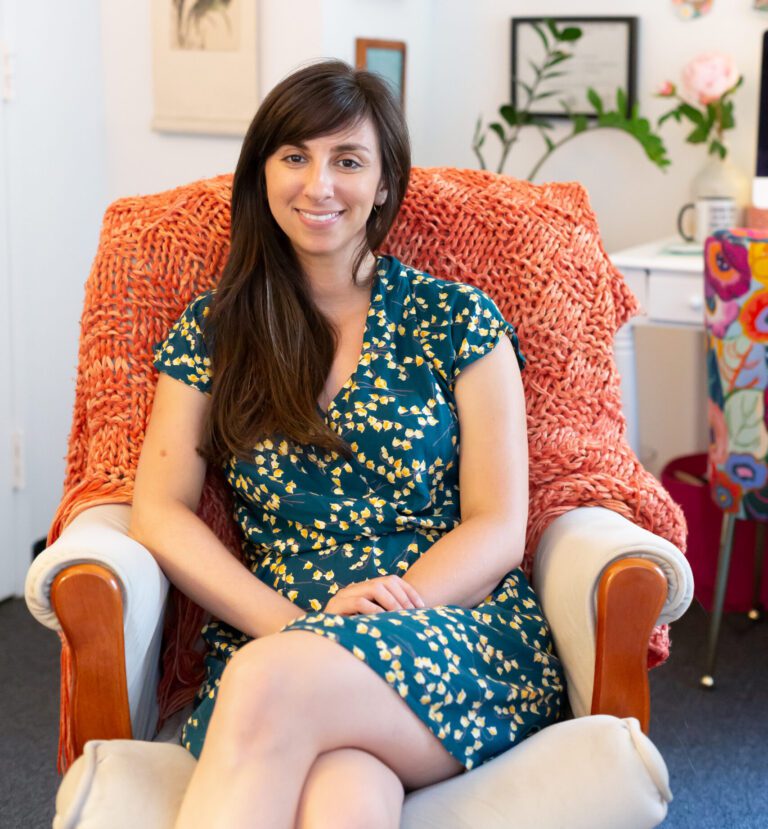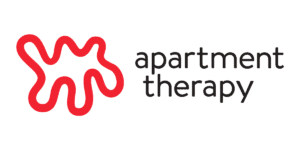
Hobbies In NYC To Help You Feel More Alive
If you live in NYC and feel depressed, you are not alone. Even though the city is stuffed to the brim with people, it can
Your sexual identity is not your full identity. That being said, I have learned that members of the LGBTQIA+ community still experience disrespect, misunderstanding, judgment, and violence out in the world, with their families, and even in a place as open as New York. Which is why having a safe space to process this part of you, whether it is a goal of therapy or not, is essential.
Coming out to others, and even yourself, can feel scary, and bring up a lot of insecurity and conflicting emotions. And, it is incredibly unfair in the first place that members of the LGBTQIA+ community feel they have to “announce” who they are attracted to, when heteronormative folks don’t.
Truth be told, it’s no one’s business. I am not here to tell you what to do, who you should end up with, or who you should be. I’m here to show you that you are worthy of love and belonging. Period.
You deserve a safe, supported space to be you. New York is a bubble where people are free to be who they are and love whomever they want to love. But sadly, not everyone everywhere feels that way. There are members of the LGBTQIA+ community who have past trauma affecting them, or still experience disrespect from their loved ones and within the world. You are allowed to explore your identity and heal in a validating environment where you feel understood. And I am here to support you as you become more comfortable with who you are, who you love, and how you want to present yourself to the world.
It can feel lonely to live in a world where you feel like you don’t belong because of the harmful beliefs of others. When you’re ready, I’ll help you find ways to feel more included in this world. While my clients see me for a wide variety of reasons, inevitably, my LGBTQIA+ identifying clients need a space where they can express their feelings around their identity and how living their authentic lives affects others – even when it shouldn’t.






I’ve been in the mental health field since 2012, and started my private practice in 2018. I have helped countless individuals with a variety of pain points in their lives – from anxiety and depression to self-esteem, and body image issues.
But I want you to know that I am an LGBTQIA+ affirming therapist. And have worked with countless individuals from the community who struggle with their sexual identity, or don’t – they just want a safe space to work on their mental health.
I see all of my clients as unique individuals with experiences that have helped shape how they see themselves and who they are. Working with an LGBTQIA+ affirming therapist can make your therapy sessions safer, allowing you to feel more supported because you know your therapist supports your sexual and gender identity, with everything else going on in your life.
When it comes to seeking therapy, the choice of who to work with is 100% yours. Choosing an LGBTQIA+ affirming therapist gives you a safe space to unpack your fear and discomfort around your sexual desires with the support of someone who will validate your feelings.
Yes! Many of the individuals I’ve worked with identify as LGBTQIA+ and have struggled with their sexual or gender identity. One of my goals for you in therapy may be accepting yourself for who you are and helping you grow more comfortable with yourself.
Just like anyone else who seeks therapy, you may seek a therapist for reasons that have nothing to do with being in the LGBTQIA+ community and that’s OK! I’m here to work with you through things like anxiety, life stressors, and anything else that comes up along the way at a pace that’s comfortable for you.
Yes! If you live anywhere within New York State, we can still work together through telehealth therapy.








It’s okay to start working on yourself before therapy starts. Read the posts below to start gaining insight into your patterns.

If you live in NYC and feel depressed, you are not alone. Even though the city is stuffed to the brim with people, it can

Self-Esteem vs. confidence: they may seem like synonyms, right? And in some ways, they are similar concepts. However, if you tend to put yourself down

If you’re feeling lost, one of the best ways to get your life back into alignment with who you are is by taking time to
Paige Rechtman, LMHC © 2024
Get the most out of your journaling with my free guide + 30 reflective prompts.
I’ll never spam you. I promise.